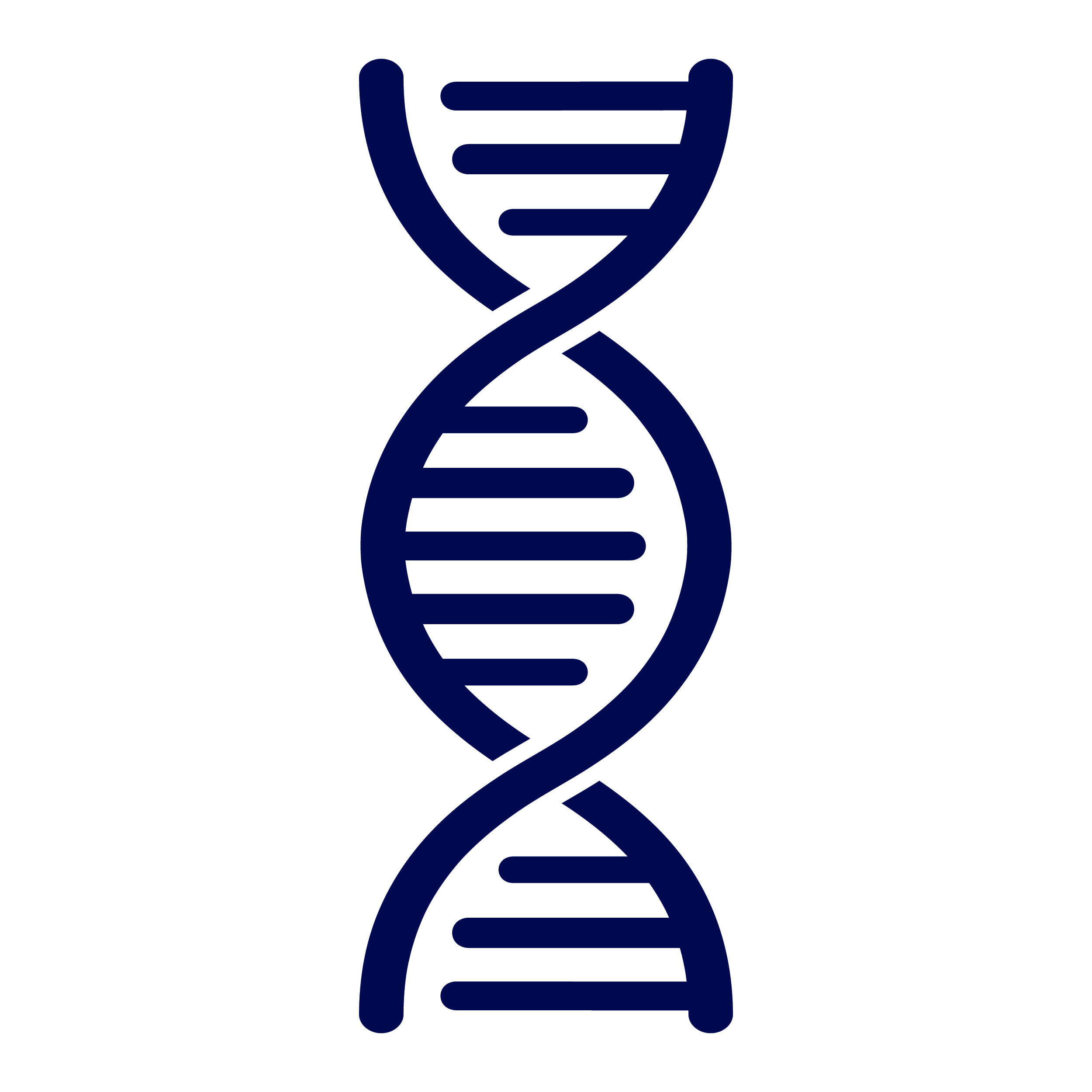
LAL-D is passed from affected parents to their children. If you are diagnosed with LAL-D, there is a chance that other members of your family may be affected as well.
LAL-D Diagnosis
While the number of people affected by LAL-D is very low (proportion of a population found to be affected is approximately 3-6 cases/million) it can be difficult to diagnose due to there being many signs and symptoms that overlap with other common diseases. Without awareness and proper testing, these similarities can lead to a misdiagnosis and inadequate treatment.
LAL-D should be suspected when liver disease is present or when there is fat and/or cholesterol metabolism disorder present without a cause.

Diagnosis of LAL-D is based on:
- Medical and family history
- Doctor examination
- Findings in laboratory tests
- Determination of reduced LAL enzyme activity
- Confirmation of presence of known LIPA gene variant
LAL-D is usually diagnosed based on a blood test.
* Doctor's image is hypothetical
Overall, raising awareness of LAL-D can help a doctor to accurately diagnose this disease earlier so they can appropriately manage the patients. It is important for LAL-D to be considered as a potential diagnosis in patients with signs and symptoms commonly associated with more common heart, liver, and metabolic diseases.
Health Management Strategies
This information is not meant to replace your doctor's professional opinion. Please be sure to talk to your doctor about the best way to manage your Lysosomal Acid Lipase Deficiency (LAL-D).
LIPID-LOWERING MEDICATIONS
Lipid-lowering medications typically treat high cholesterol – a common complication in patients with LAL-D. However, there have not been controlled studies that demonstrate that lipid-lowering medications address the underlying cause of LAL-D or prevent liver disease progression in patients with LAL-D.
LIVER TRANSPLANT
A liver transplant may provide patients with LAL-D relief from liver failure, but liver transplant does not address the underlying cause of the disease and may not halt disease progression in the heart and kidneys. It will also not prevent the risk of other severe complications.
HEMATOPOIETIC STEM CELL TRANSPLANT (HSCT)
HSCT has been performed in a few infants with LAL-D. While information on long-term outcomes is limited, HSCT has been associated with severe complications.
ENZYME REPLACEMENT THERAPY (ERT)
ERT has been approved for various lysosomal storage diseases. There is a risk for life-threatening and severe allergic reactions with infusions of therapy.
